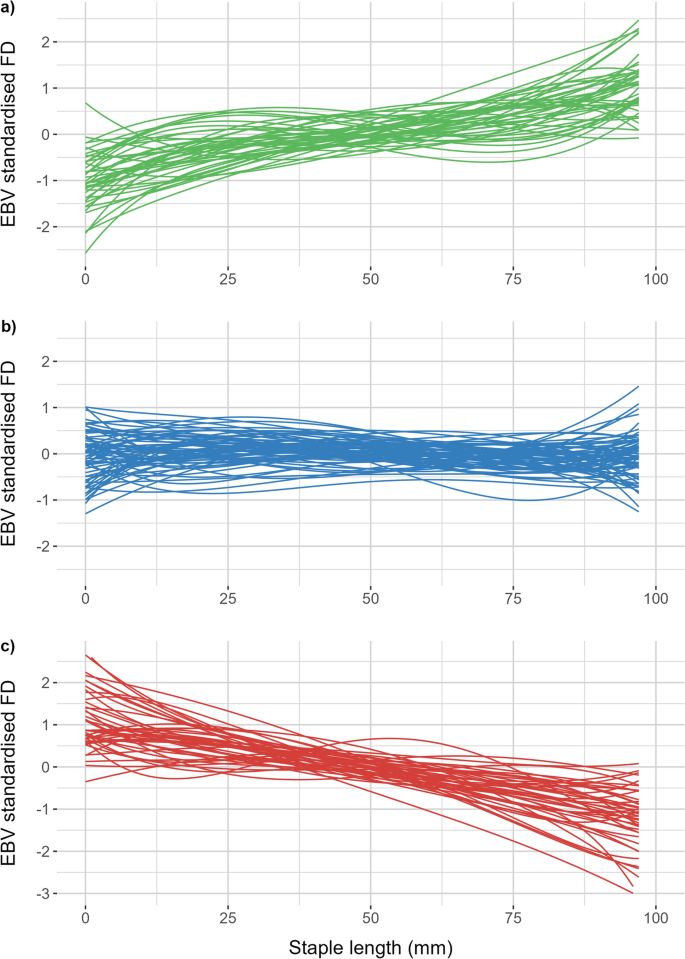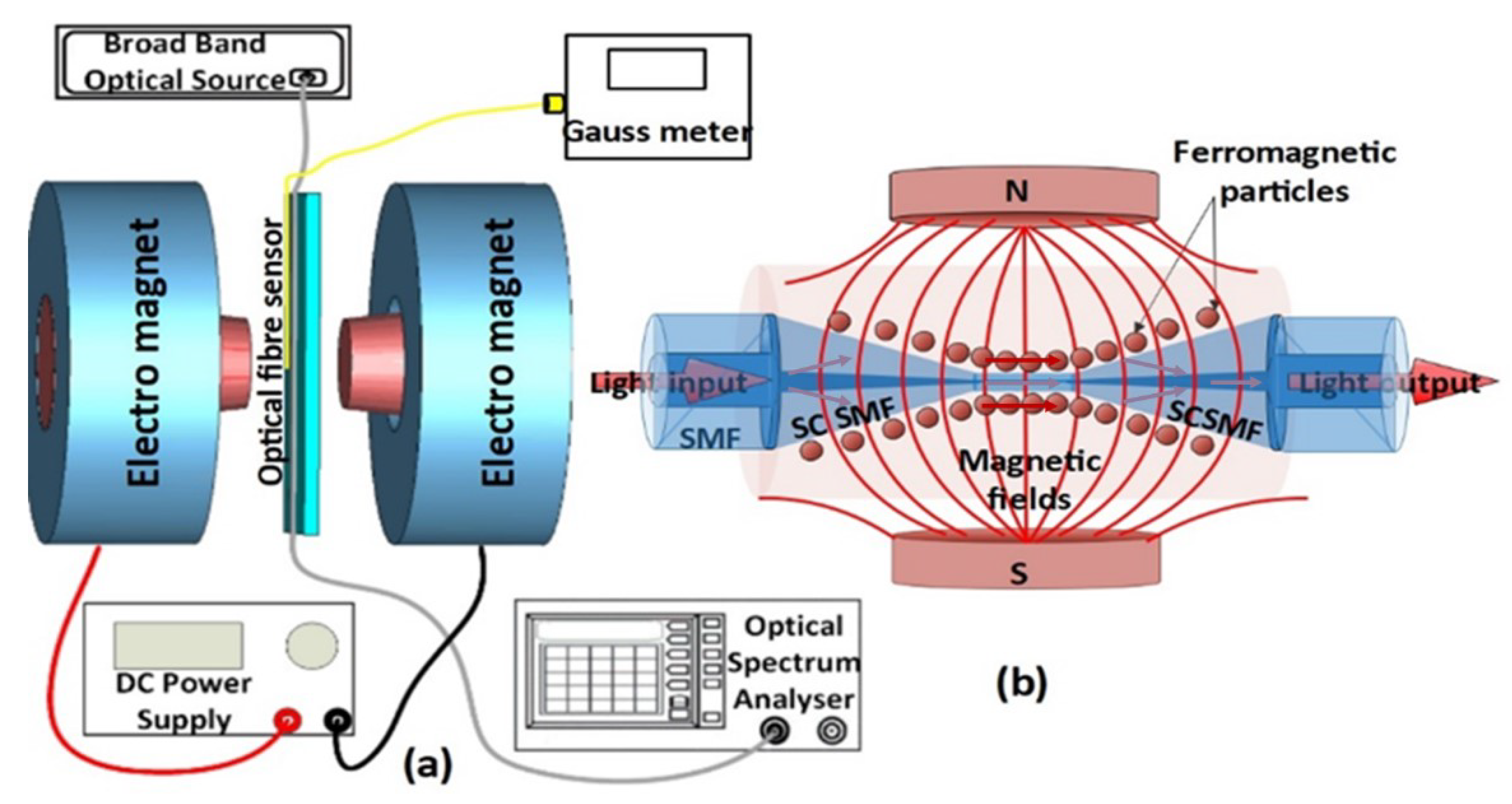Unlock Accuracy: The Ultimate Overview to Optical Fiber Diameter Analyser Tools
Accurate dimension of optical fibre diameter is necessary for enhancing the performance and reliability of fiber optic systems. As we take a look at these tools, it becomes evident that the future of optical fibre evaluation is developing swiftly, increasing concerns about exactly how these developments will certainly impact the industry.
Relevance of Optical Fibre Dimension
Accurately determining optical fiber diameter is critical in ensuring ideal performance and dependability in communication systems. The diameter of optical fibers directly effects their light transmission capacities, impacting data transfer, depletion, and total signal integrity. A specific dimension is vital to keep the desired specifications for numerous applications, consisting of telecommunications, information transmission, and picking up technologies.
Wrong or inconsistent fibre diameters can lead to boosted losses and lowered performance, ultimately endangering the efficiency of the whole communication network. In addition, variations in size can create difficulties in splicing and connecting fibres, causing greater operational expenses and possible system failures. Carrying out strenuous dimension protocols is vital.

Sorts Of Size Analyser Devices
To attain trusted optical fiber measurements, various size analyser tools are employed, each made to deal with details dimension requirements and applications (optical fibre diameter analyser). These devices can be extensively categorized into three major kinds: manual, semi-automated, and totally automated analyzers
Manual diameter analyzers are usually utilized in smaller research laboratories or operations where precision is called for yet production quantity is low. They provide drivers straight control over the measurement process, enabling careful changes and verifications.
Semi-automated diameter analyzers boost efficiency by combining hand-operated input with automated features. These devices usually include user-friendly interfaces that streamline the measurement procedure while still allowing for operator oversight.
Completely automated size analyzers represent the pinnacle of measurement modern technology. These advanced systems incorporate innovative sensors and software application to give real-time dimensions with minimal individual treatment. They are ideal for high-volume production atmospheres, making certain consistent accuracy and rapid data collection.
Each kind of size analyser serves distinct operational demands, making it crucial for individuals to thoroughly review their specific needs when selecting the suitable device for optical fibre measurement.
Key Features to Consider
When choosing an optical fibre diameter analyser, a number of essential attributes warrant cautious factor to consider to ensure optimal performance and dependability. Measurement accuracy is extremely important; look for tools that use high-resolution analyses, preferably in micrometers, to make certain precision in diameter analysis. In addition, the rate of measurement is important, specifically in production environments where efficiency is important.
One more important function is the calibration process, as a trusted analyser should supply straightforward calibration procedures to keep measurement integrity gradually. The variety of diameters the device can measure is also considerable; guarantee that it accommodates the certain fibre types appropriate to your applications.
Portability could be a consideration, specifically for fieldwork; light-weight and small designs improve usability in numerous settings. Furthermore, easy to use user interfaces and software application compatibility can help with smoother procedure and data evaluation.
Last but not least, think about the assistance and warranty supplied by the maker; reputable consumer service and thorough warranty choices can guard your investment and make sure lasting complete satisfaction. By concentrating on these features, you can choose an optical fiber size analyser that fulfills your particular requirements and improves your functional capabilities.
Best Practices for Use
Efficient use of optical fiber size analysers depends upon a complete understanding of finest techniques that boost measurement reliability and accuracy. Ensure that the analyser is calibrated properly before each use. Calibration against understood standards reduces great site prospective errors and establishes a standard for succeeding dimensions.
2nd, maintain a clean environment. Dust, wetness, or pollutants on the analyser or the fibre's lenses can skew results. On a regular basis evaluate and clean up both the tools and the fibre to maintain optimal performance.

Furthermore, conduct imp source measurements at consistent temperature levels and moisture degrees, as ecological elements can impact results. Record each dimension diligently, keeping in mind conditions and any abnormalities experienced during the procedure.
Future Patterns in Optical Fiber Analysis
As the need for high-performance optical fibres continues to climb, advancements in analysis strategies are readied to transform the industry (optical fibre diameter analyser). Future patterns in optical fiber analysis will likely be driven by increased automation and the assimilation of expert system (AI) and equipment discovering (ML) technologies. These technologies guarantee to enhance information accuracy, lower analysis time, and make it possible for real-time tracking of fibre top quality
Additionally, the advancement of portable and easy to use analysis tools will certainly facilitate on-site evaluations, enabling for greater adaptability and efficiency in manufacturing environments. Boosted imaging innovations, such as high-resolution imaging and spooky analysis, are expected to offer deeper insights right into fiber attributes, making it possible for suppliers to maximize their processes even more.
Furthermore, as industries significantly accept sustainability, there will be a push for eco-friendly products and techniques in optical fibre manufacturing. This change will necessitate brand-new logical techniques to evaluate the performance and long life of these materials under varying problems.
Final Thought
Accurate dimension of optical fiber diameter is crucial for enhancing performance and making certain reliability in communication systems. Continued advancement will certainly additionally improve the precision and effectiveness of optical fibre analysis.
Accurate measurement of optical fibre size is vital for enhancing the performance and dependability of fiber optic systems. In a progressively connected globe, where high-speed information transmission is paramount, the function of exact optical fiber size dimension can not be overstated, as it serves as the foundation for durable interaction framework.When picking an optical fibre diameter analyser, several vital functions necessitate mindful factor to consider to from this source make certain ideal efficiency and reliability.Effective use of optical fibre diameter analysers hinges on a complete understanding of ideal practices that improve dimension dependability and precision.Exact dimension of optical fiber diameter is necessary for maximizing performance and ensuring reliability in interaction systems.